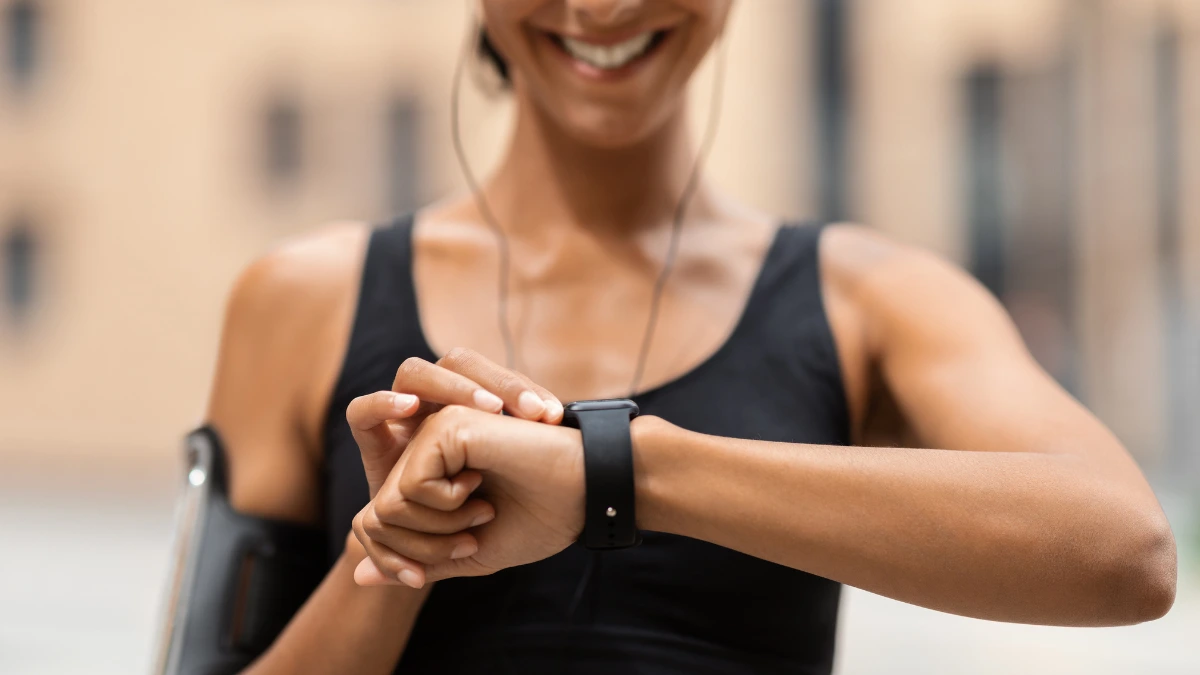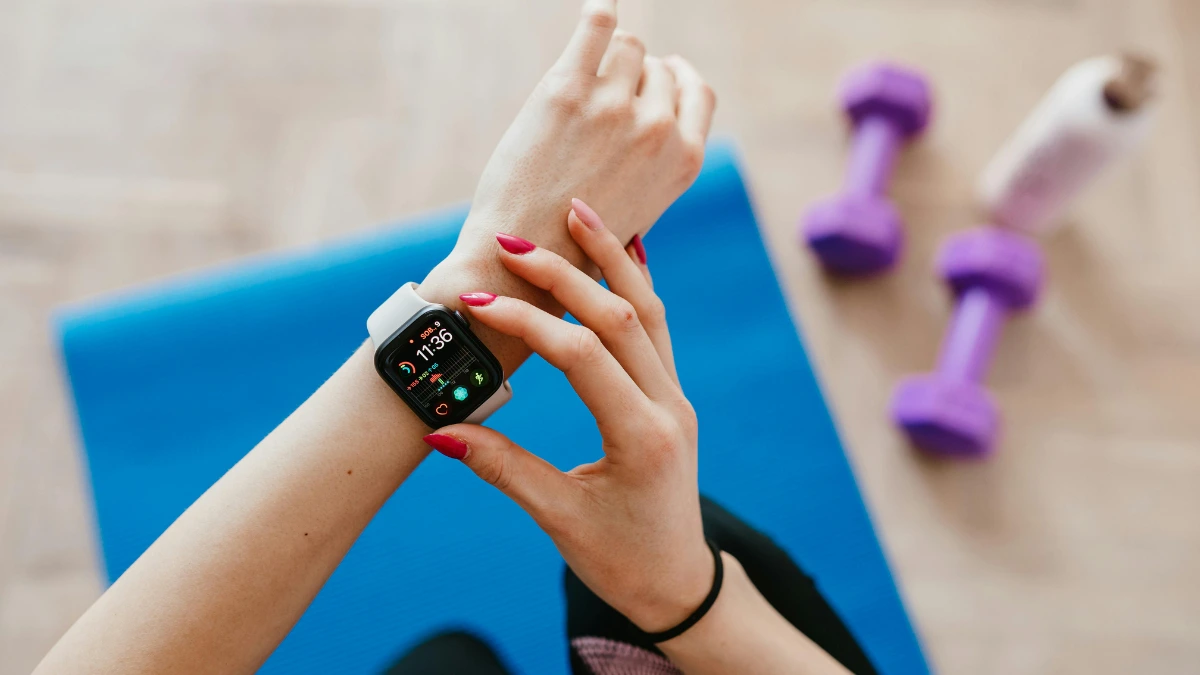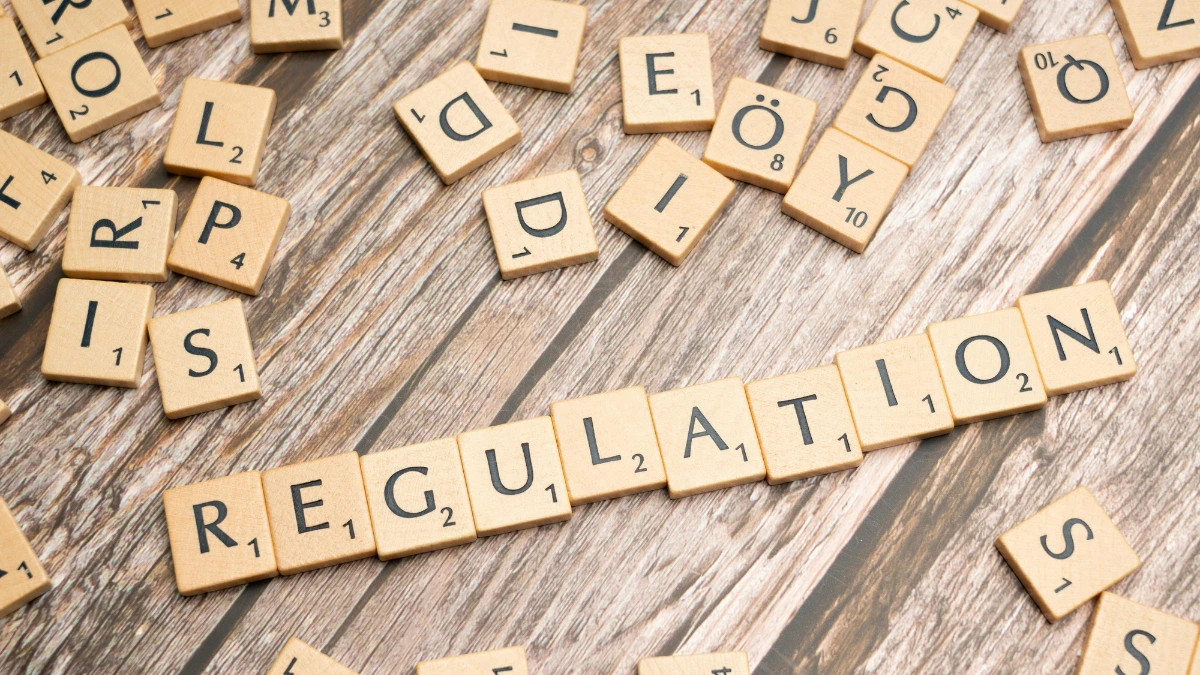The trend of wearable technology, including fitness tracker, is growing rapidly and has become an important part of maintaining daily health.
Not just a fashion accessory, but fitness tracker can also help us monitor our body condition in real-time as a significant health benefit.
This article will discuss fitness tracker from their definition, how they work, and their benefits, to their regulations in Indonesia.
What is Fitness Tracker?

Fitness tracker are specifically designed to monitor various aspects of physical activity and health, such as counting calories burned, monitoring sleep quality and stress levels, providing reminders when sitting too long, and recording different types of exercise.
These devices are especially beneficial for individuals who want to maintain an active lifestyle and gain deeper insights into their health condition.
How it Works
Fitness tracker work by using sensors to track your movement, orientation, and rotation. Here are some of the ways the sensors in the technology work:
- Accelerometer sensors are used to recognize and record body movements.
- Gyroscope sensors are used to accurately measure the direction and rotation of movement.
- Optical sensors utilize light to monitor the user’s heart rate.
- Bioimpedance sensors are used to analyze body composition, such as fat content.
- Actigraphy sensors are useful for evaluating sleep quality based on physical activity during sleep.
The Benefits

1. Early detection of health problems
Early signs of health problems such as unusual spikes in heart rate or sudden drops in oxygen levels can be detected by fitness tracker. This can be an early indicator of health issues and you can anticipate and plan ahead for action.
2. Increase health awareness
Fitness tracker can collect data about your lifestyle in real time. This allows you to be more aware of your health condition and make better decisions in keeping fit.
3. Motivation to move
Fitness tracker help prevent sedentary lifestyles with the reminder to move feature. Users will receive reminders to stand or walk after prolonged periods of inactivity.
For office workers, this feature is especially effective since they work in a seated position for long periods of time.
4. Exercise and activity customization
Fitness tracker allow users to customize exercise plans based on the data collected. With accurate information on heart rate, calories burned, and fitness level, users can create a more effective workout plan that suits their needs.
5. Personal health dashboard
With data collected from various aspects of health, users can have a personal health “dashboard” that is easily accessible through the app. This helps in long-term health monitoring and makes it possible to share data with doctors if needed.
The Regulations in Indonesia

Fitness tracker use communication technologies such as Bluetooth or NFC that operate within a specific frequency spectrum. In Indonesia, any Bluetooth or NFC-based wireless device is required to have DJID (Directorate General of Digital Infrastructure) under the Ministry of Communication and Digital (KOMDIGI).
This is based on KEPMEN No. 260 Tahun 2024, which requires all radio frequency-based devices, including fitness tracker, to meet specific technical standards before being sold in the country.
The certification ensures that the product meets government safety and quality regulations and does not interfere with other communication devices. The certification process involves technical testing, such as frequency adjustments, safety checks, and compatibility with the surrounding environment.
Once the tests are completed, products that pass are listed in a Test Result Report, which confirms that the product is safe and ready for sale in Indonesia. This report reassures customers that the product meets technical standards and is secure.
For companies wanting to sell fitness tracker in Indonesia, our Type Approval Services for ICT Products are available to assist with this process. This service includes preparing technical and legal documents, conducting required testing, ensuring compliance with regulations, helping companies streamline the certification process, and giving consumers confidence in certified products. [UN].
